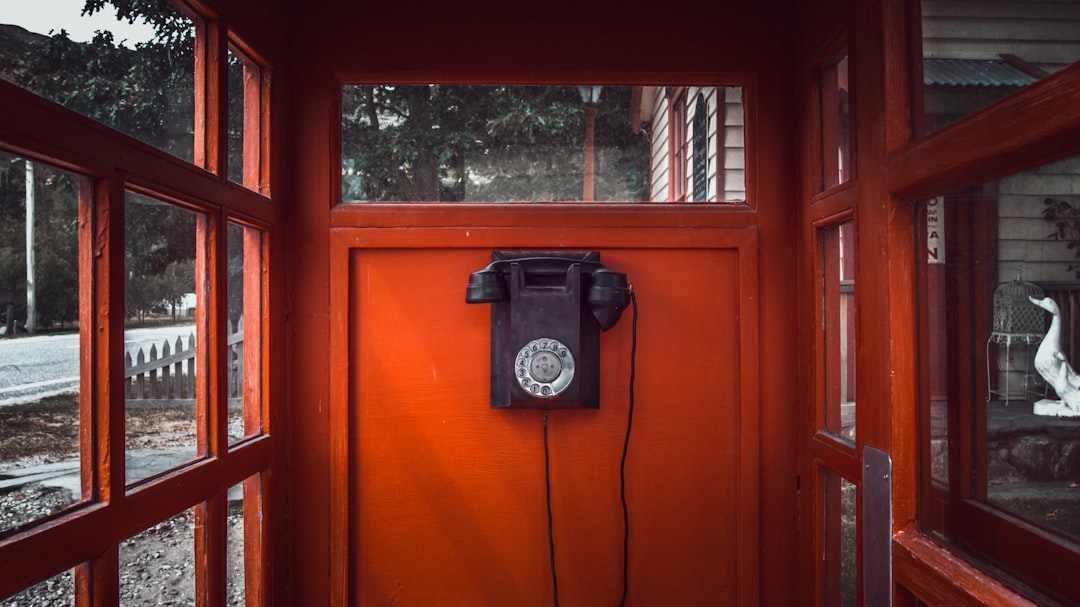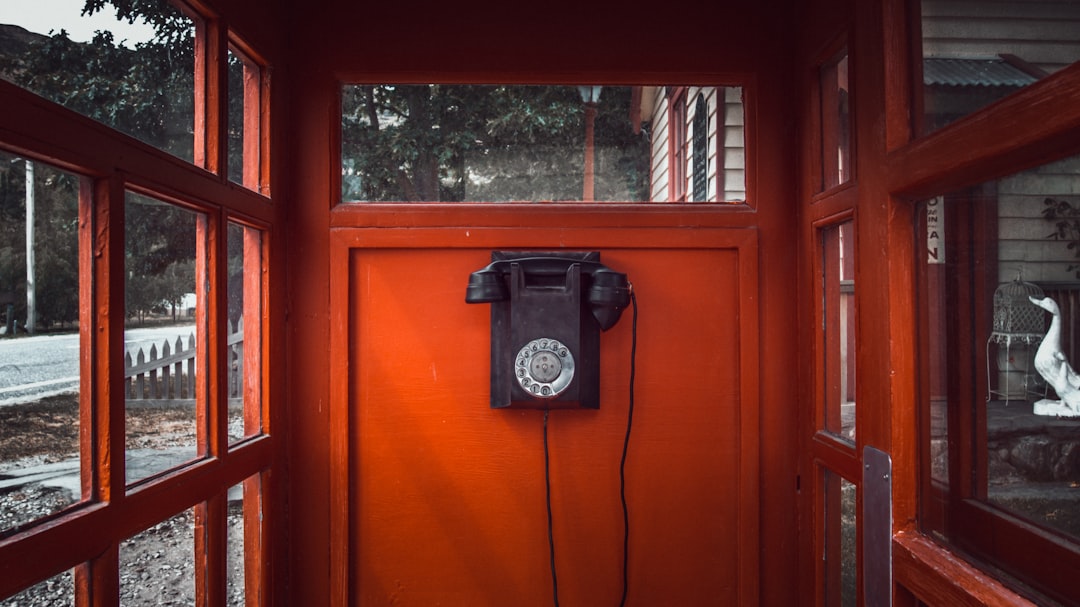Lewiston residents enjoy strong protections against robocalls thanks to federal laws like TCPA and Idaho's Spam Call law firm regulations. Businesses need prior consent for marketing calls, and citizens can register on Do Not Call lists, report suspicious activity, and use call-blocking tools. Local Idaho Spam Call law firms offer legal assistance, helping victims file lawsuits and secure compensation for harassing calls.
In the digital age, Lewiston residents are increasingly plagued by unwanted robocalls. This guide navigates the complex landscape of spam laws in Idaho, empowering citizens with knowledge about their rights against automated calls. We explore practical steps to stop and block robocallers, highlighting legal actions and resources available through a dedicated Idaho spam call law firm. Stay informed, protect your privacy, and reclaim control over your phone lines.
Understanding Robocalls and Spam Laws in Idaho

Robocalls, automated phone calls from unknown numbers, have become a widespread nuisance for many Lewiston residents. While some may be promotional in nature, others fall into the category of spam calls, which are not only annoying but can also pose potential risks to your privacy and security. Idaho has specific laws in place to combat this issue, offering protections for consumers against unwanted and fraudulent robocalls.
Under Idaho’s Spam Call law firm regulations, businesses are restricted from making automated phone calls to individuals unless they have prior consent. This includes calls promoting goods or services, soliciting donations, or conducting market research. Residents can take action by registering their numbers on the state’s Do Not Call list, which filters out many of these unwanted calls. Additionally, reporting suspicious or fraudulent robocalls to local law enforcement and the Federal Trade Commission (FTC) is encouraged, as it helps identify and penalize those violating spam call laws.
Rights of Lewiston Residents Against Automated Calls

Lewiston residents have rights when it comes to dealing with robocalls, also known as automated or unwanted calls. According to the Spam Call law firm in Idaho, consumers are protected by federal and state regulations designed to curb excessive and intrusive telemarketing practices. The Telephone Consumer Protection Act (TCPA) grants individuals the right to refuse receipt of pre-recorded messages, including political campaigns and sales pitches. This means residents can block such calls from ever reaching their phones.
Moreover, many states, including Idaho, have passed additional laws that enhance consumer protection against automated calls. These regulations often require companies to obtain explicit consent before making automated phone calls, ensuring residents’ privacy and peace of mind. It’s advisable for Lewiston citizens to familiarize themselves with these rights and explore legal avenues if they feel their privacy has been violated by persistent or unauthorized robocalls.
How to Stop and Block Unwanted Robocallers

Unwanted robocalls can be a nuisance, but there are steps you can take to stop and block them effectively. The first line of defense is to register your phone number on the National Do Not Call Registry. This federal list restricts telemarketers from calling numbers listed on it, though it may not block all robocalls as some scammers bypass these regulations.
For more robust protection, consider using call-blocking apps or features offered by your service provider. Many modern smartphones have built-in tools to identify and block spam calls. Additionally, some Idaho law firms specialize in dealing with Spam Calls and can offer advice on the latest legal protections under the Spam Call law, helping you navigate options for seeking recourse against persistent robocallers.
Legal Actions and Resources for Spam Call Victims

If you’re a resident of Lewiston, Idaho, and have been plagued by unwanted robocalls, know that there are legal actions and resources available to help combat this growing problem. Many law firms in Idaho specialize in handling spam calls, using their expertise to protect consumers’ rights under federal and state laws. These laws, such as the Telephone Consumer Protection Act (TCPA), offer significant financial remedies for victims, including treble damages and attorney fees.
Victims can report these spam calls to agencies like the Federal Trade Commission (FTC) or file a lawsuit through an Idaho spam call law firm. The FTC, in particular, has established guidelines and complaints processes designed to stop unwanted callers. An experienced attorney can guide you through this process, ensuring your rights are protected and helping you secure compensation for any distress or financial loss caused by these harassing calls.






